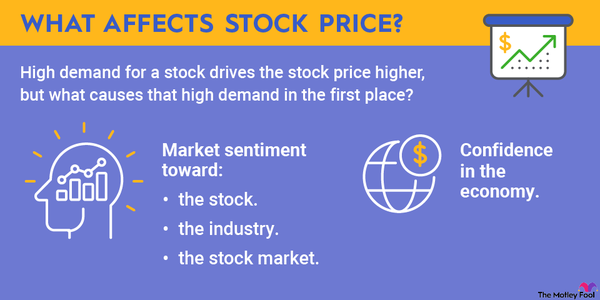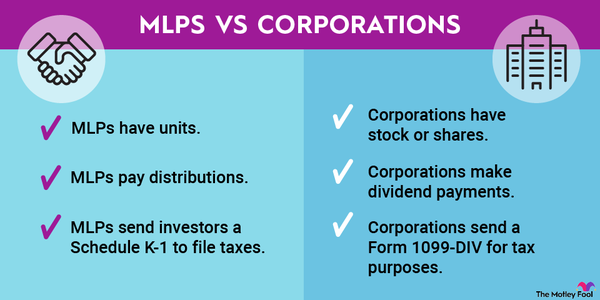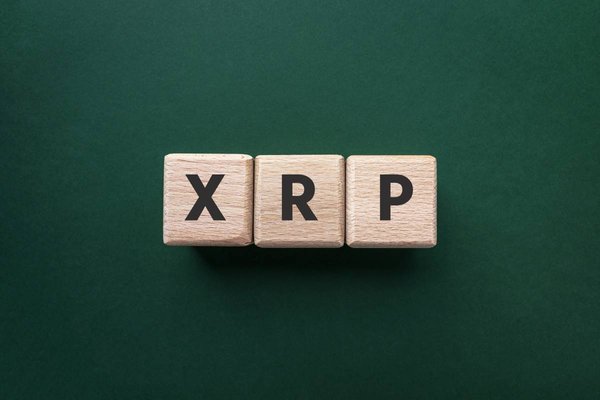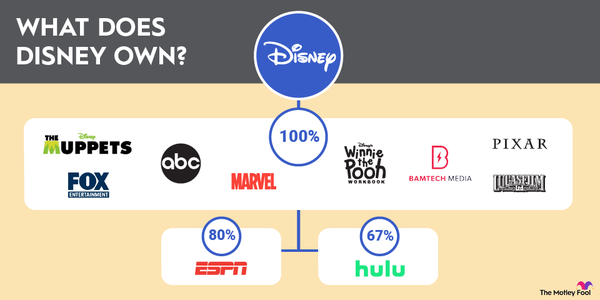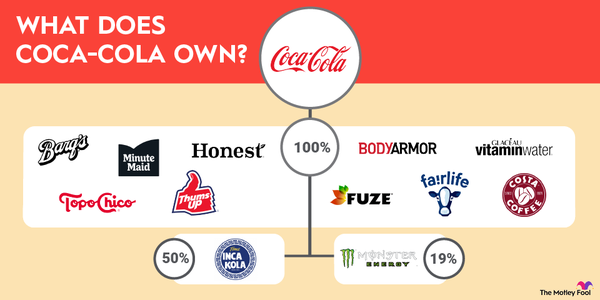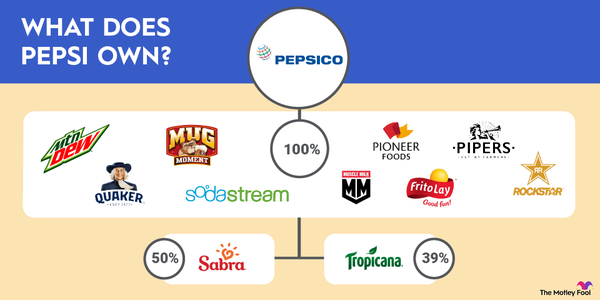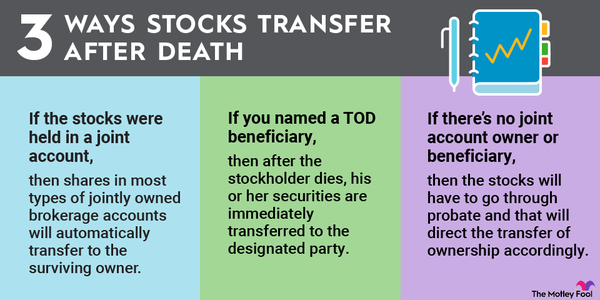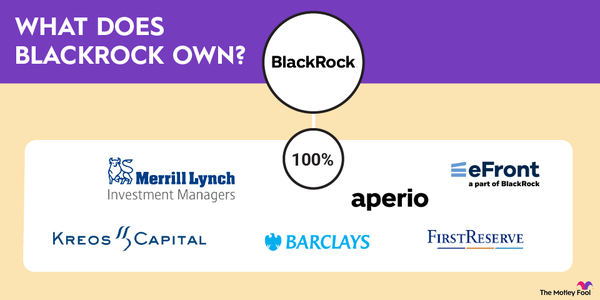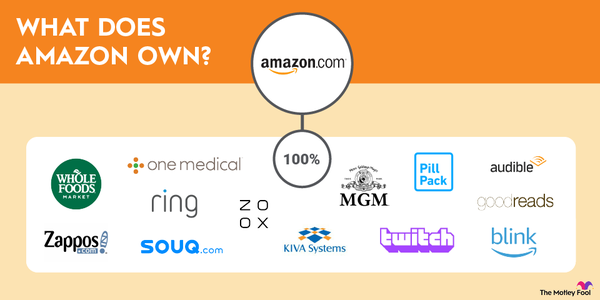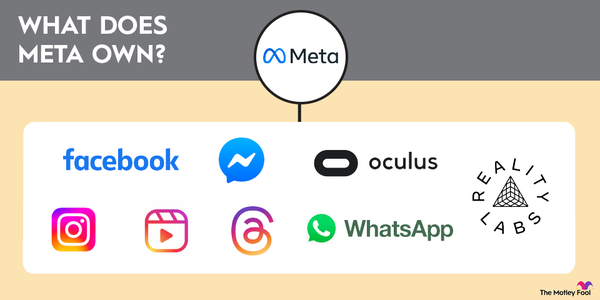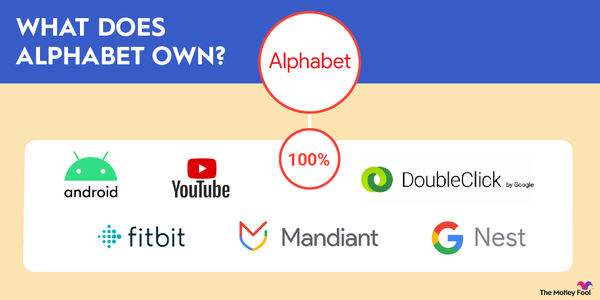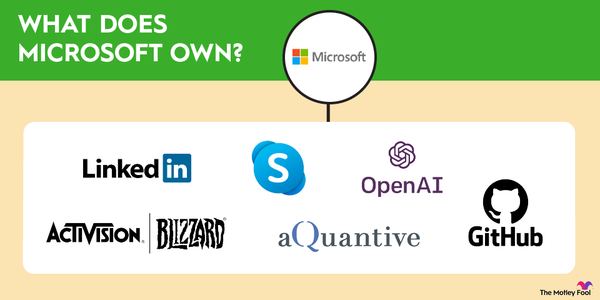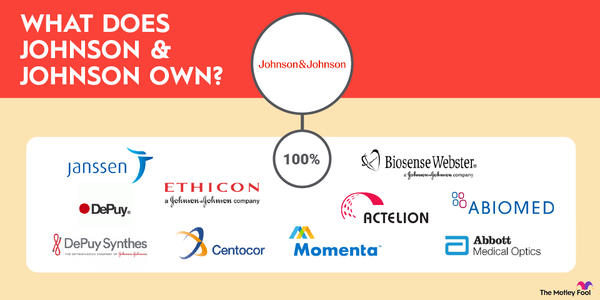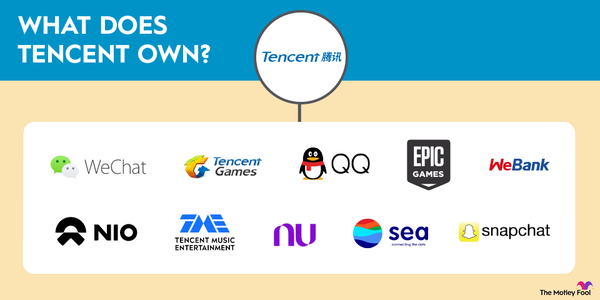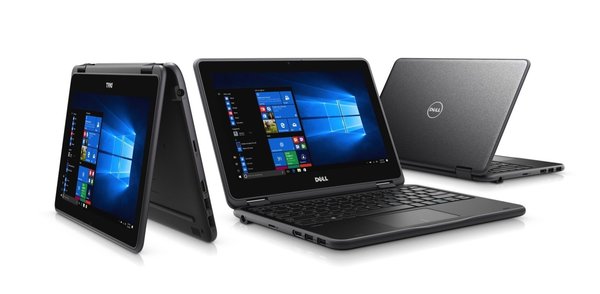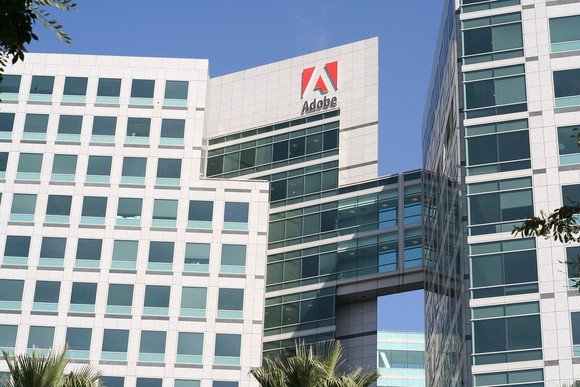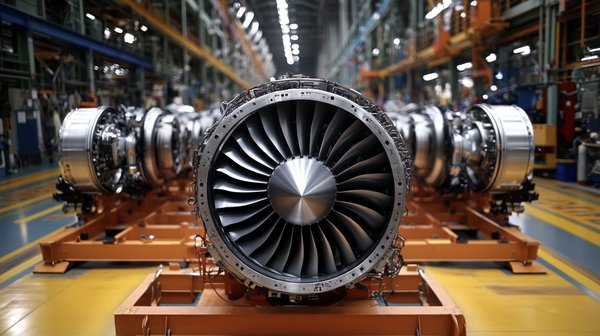Intuitive Machines (LUNR 6.18%) is a space exploration, infrastructure, and services company. It primarily makes lunar landing and exploration vehicles for the National Aeronautics and Space Administration (NASA). Stephen Altemus, Tim Crain, and Kam Ghaffarian founded the company in 2013.
Intuitive Machines' primary goal is to develop and deploy space infrastructure and systems to the vicinity of the moon, intending to further sustainable space exploration. Its lunar vehicles serve a variety of functions, including orbit delivery and surface access.
Currently, Intuitive Machines holds four NASA contracts under the agency's Commercial Lunar Payload Services (CLPS) program, including a contract centered around lunar terrain vehicle (LTV) development and design. LTVs are designed to allow astronauts to drive on the moon while wearing their spacesuits, and Intuitive Machines is one of just three companies chosen by NASA for its LTV projects.
Intuitive Machines is also known for other spacecraft and airborne drones, including the Nova-C lunar lander. NASA funded the Nova-C lander, which was designed to deliver small payloads to the moon's surface to prompt exploration and use of its natural resources.
Intuitive Machines was one of nine companies selected by NASA in 2018 to bid on its CLPS program. NASA awarded $77 million to the company to construct and launch the Nova-C moon lander. The company went public via a special purpose acquisition company (SPAC) in 2023, roughly a decade into its business journey.
It launched its first mission in 2024 using its Nova-C lander, the Odysseus IM-1. The spacecraft spent six months traveling to the moon. Upon its orbit and descent to the moon's surface in February 2024, Intuitive Machines' Nova-C became the first U.S. aircraft to land on the moon in the more than five decades since Apollo 17's landing.
Even though the lander tipped over when it landed, its instruments remained functional, and the mission was still regarded as a success. However, shares dropped by 30% temporarily once the company reported the issue with the landing. A second mission using its Nova-C lander, IM-2, is expected to launch in 2025.
In this deep dive into investing in Intuitive Machines stock, we'll explore how to buy shares of the stock, whether it deserves your investment dollars, how to invest in the stock through an exchange-traded fund (ETF), and more. Let's get started.
How to buy
How to buy Intuitive Machines
Because Intuitive Machines is publicly traded, the process of buying it is similar to purchasing shares of any other U.S.-listed stock. Here's what you need to know.
Stock
1. Open your brokerage app
Log into your brokerage account where you handle your investments. If you don't already have a brokerage account, you'll need to open one.
You can use any brokerage that works for you, but some of the most reputable ones that are popular with investors include Robinhood (HOOD 3.76%), Fidelity, and Interactive Brokers (IBKR 1.23%). It's worth taking the time to study the pros and cons of each platform you consider before deciding which one is right for you.
2. Search for the stock
Enter the stock ticker (LUNR for Intuitive Machines) or the company name, Intuitive Machines, into the search bar to bring up the stock's trading page. You should only get to this step after you have funded your account and are ready to buy shares.
3. Decide how many shares to buy
Consider your investment goals and how much of your portfolio you want to allocate to this stock. If you don't already allocate money to investing in stocks regularly, make sure you're not using funds you expect to need anytime soon, such as for bills or other financial obligations.
You should have a minimum buy-and-hold horizon of three to five years to give your investment time to compound. While your budget will heavily influence the number of shares you buy, other factors, such as your risk tolerance level and personal portfolio preferences, will affect how much of a slice of the pie you want Intuitive Machines to represent.
4. Select order type
Choose between a market order to buy Intuitive Machines stock at the current price or a limit order to specify the maximum price you're willing to pay. A market order fills your order at whatever price the stock is currently trading at. While a limit order allows you to set the maximum amount you're willing to pay, the order may not execute at all if the amount you specify is too low and shares don't reach that threshold.
5. Submit your order
By this point, you should be well acquainted with Intuitive Machine's business model from your own personal research, as well as its growth prospects and risks. You need to take the time to research any stock you're considering before you hit the buy button.
Understand the company, why you're buying it, and where it fits into your overall investment thesis. If you have researched and confirmed these details, you're ready to submit your buy order for Intuitive Machines stock.
6. Review your purchase
Check your portfolio to ensure your order was filled as expected and adjust your investment strategy accordingly. Ideally, you should build a portfolio of 25 or more stocks across different industries/sectors.
A good rule of thumb is to ensure no single stock comprises more than 10% of your portfolio. For a company like Intuitive Machines, a relatively new and speculative space stock, it might make more sense to give this stock a more modest position than your other holdings.
Should I invest?
Should I invest in Intuitive Machines?
Whether you should invest in Intuitive Machines will depend on your investing style. This business's potential to capitalize on the future of space exploration could make it an exciting and intriguing portfolio addition. It is rapidly expanding its cohort of government contracts, and revenue is growing rapidly as a result of steady acceleration in project funding.
However, investors should definitely have a healthy risk appetite. Those who are more risk-averse may find that a more modest position is warranted. Alternatively, you could invest in the stock through a fund to gain exposure to the space exploration industry without the same level of risk that buying shares of the individual business would entail.
Consider that Intuitive Machines is in its relatively early stages, is highly capital intensive, and its business depends entirely on its ability to fulfill a limited number of contracts with government agencies like NASA. Its customer base is highly concentrated, and the company has a limited operating history with a track record of net losses. Its business is also highly susceptible to shifts in U.S. government funding.
Taking these risks into account, there are some notable positive signs for investors to consider. Intuitive Machines derives revenue from several sources, including lunar access services, orbital services, lunar data services, and space products and infrastructure.
In the third quarter of 2024, the company reported $58.5 million in revenue, a whopping 359% increase from the year-ago period. And in the first nine months of 2024, Intuitive Machines generated $173 million in revenue, more than double its reported top line for the entire year in 2023.
During the third quarter, Intuitive Machines snagged a $116.9 million contract through NASA's CLPS program -- its fourth contract award from the agency -- and more than any other CLPS vendor. Intuitive Machines also announced it is the sole awardee of a Near Space Network data services contract from NASA with a potential long-term value of $4.82 billion in total.
Intuitive Machines ended the first nine months of 2024 with just shy of $90 million in cash, the highest quarter-ending cash balance since the company was founded. It also reported a record backlog of $316.2 million, which management noted does not include the full $150 million of initial task folders for its Near Space Network data services contract.
Profitability
Is Intuitive Machines profitable?
Intuitive Machines has not turned a profit according to generally accepted accounting principles (GAAP) in its company history. However, this is not at all unusual for its industry and at this chapter of its growth story.
However, potential investors should be aware of some positive developments on the profitability front. For example, Intuitive Machines reported a positive gross margin of $4.1 million in the third quarter of 2024. Nevertheless, the company is not cash flow positive at the time of this writing.
Dividends
Does Intuitive Machines pay a dividend?
Intuitive Machines doesn't pay a dividend and is unlikely to pay one soon, given that it needs to become consistently profitable. Keep in mind that the company has only been in business for a little over a decade at this point.
ETF options
ETFs with exposure to Intuitive Machines
Numerous ETFs offer exposure to Intuitive Machines. If you don't have the risk appetite to invest in whole shares of Intuitive Machines, an ETF could be a smart solution to gain some exposure to the stock alongside other intriguing companies that align with your portfolio values.
Exchange-Traded Fund (ETF)
Some top ETFs that include shares of Intuitive Machines in their portfolio compositions include the iShares Russell 2000 ETF (IWM 0.94%), the iShares Russell 2000 Value ETF (IWN 0.87%), and the Procure ETF Tr II-Procure Space ETF (UFO 2.61%).
If you're looking for other funds holding shares of the company, a few mutual funds worth mentioning include the Fidelity Extended Market Index Fund (NASDAQ:FSMAX) and the Fidelity Salem Street Trust - Fidelity Small Cap Index Fund (NASDAQ:FSSNX).
Stock splits
Will Intuitive Machines stock split?
Intuitive Machines went public via a SPAC in 2023, and the company has not split its stock. Shares have never gone above $100, so a stock split seems highly unlikely in the near future.
The bottom line on Intuitive Machines
Intuitive Machines is blazing an impressive trail in the space exploration and infrastructure industry. Shares have roared to life in 2024, with a year-to-date return in the ballpark of more than 400%. The company's lunar lander, Nova-C, was the first U.S. spacecraft to go to the moon since Apollo 17's journey in 1972.
Related investing topics
It's already gearing up for its next mission for NASA and is steadily increasing its backlog with a lineup of lucrative contracts. While the company is not yet profitable, revenue is skyrocketing, and its gross margin is improving.
Intuitive Machines also recently paid off all its debt, so its balance sheet looks primed for a steady trajectory toward profitability in the future. This is more likely a stock for investors with a healthy risk appetite.
If the company can maintain and grow its contracts with agencies like NASA while continuing to help execute successful lunar missions, Intuitive Machines could be in the very early days of its growth story and share price potential. Investors should proceed with caution, but those with a well-diversified portfolio might consider taking a slice of the action.
FAQ
Investing in Intuitive Machines FAQ
Can you buy Intuitive Machines stock?
Yes, Intuitive Machines is publicly traded, so you can buy shares through your chosen brokerage.
Is Intuitive Machines a good investment?
Intuitive Machines may be a good investment for individuals with a well-balanced, well-diversified portfolio and who have the risk appetite to invest cash in an early-stage space exploration company.
How does Intuitive Machines make money?
Intuitive Machines makes money by developing and deploying space exploration vehicles, infrastructure, and other solutions, primarily under long-term contracts with NASA. It's known for its Nova-C lunar lander, which was used in the IM-1 mission in 2024 to make the first U.S. surface landing on the moon since 1972.
Is LUNR a good stock to buy?
Investors who want to invest in the potential of space exploration might want to consider Intuitive Machines. This is still an early-stage company growing revenue steadily but is not profitable.
Rachel Warren has no position in any of the stocks mentioned. The Motley Fool has positions in and recommends Interactive Brokers Group. The Motley Fool has a disclosure policy.


![Trump at White House podium. Official White House Photo by D. Myles Cullen. [MConverter.eu]](https://g.foolcdn.com/image/?url=https%3A%2F%2Fg.foolcdn.com%2Feditorial%2Fimages%2F801349%2Ftrump-at-white-house-podium-official-white-house-photo-by-d-myles-cullen-mconvertereu.jpg&op=resize&w=184&h=104)

































